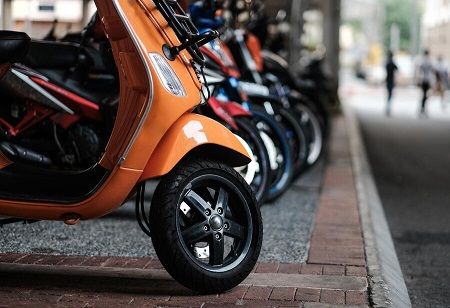
- LG Energy Solution plans to invest in electric motorbike and charging station production in Phu Tho.
- Company aims to build a local E2W ecosystem and support emission reduction initiatives.
- Phu Tho province to facilitate investment as part of its expanding industrial park strategy.
LG Energy Solution (LGES), headquartered in Seoul, intends to invest in a facility for electric motorbikes manufacturing and charging stations in the northern province of Phu Tho, utilizing official development assistance (ODA) funding, according to its senior manager Lee Jin Woo.
During a Friday working session with local leaders led by provincial People’s Committee Chairman Tran Duy Dong, Lee stated that his company aims to collaborate with businesses engaged in electric motorbikes and battery technology in Phu Tho province to create a local electric two-wheeler (E2W) ecosystem and assist in initiatives to decrease greenhouse gas emissions.
LGES is additionally concentrating on establishing collaborations in the area of artificial intelligence (AI), he noted.
Vinh Phuc (where Toyota and Honda and several suppliers are located), Hoa Binh, and Phu Tho have recently been combined to create the new Phu Tho province, which shares borders with Lao Cai, Ninh Binh, Son La, Thai Nguyen, Thanh Hoa, Tuyen Quang, and Hanoi.
Appreciating the Korean firm's plans, Dong directed the province's Investment Promotion and Support Center, along with the Department of Finance, to offer the best conditions for its investment.
Also Read: VinFast Opens First India Plant, Pushes Local Sourcing Talks
Established in 1999, LGES became the first lithium-ion battery producer in South Korea and is currently the second largest electric vehicle battery supplier globally, holding a 21.2% market share. The firm offers battery products to worldwide automakers, including Ford, Chrysler, Audi, Renault, Volvo, and SAIC Motor, and delivers batteries to Tesla, General Motors, and Hyundai. It also produces batteries for laptops, smartphones, and smartwatches.
Phu Tho intends to establish 57 industrial parks by 2030, spanning almost 13,400 hectares. By the close of 2024, the province secured 720 FDI projects, mainly from South Korea and Japan, with total registered capital nearing $12.5 billion.

